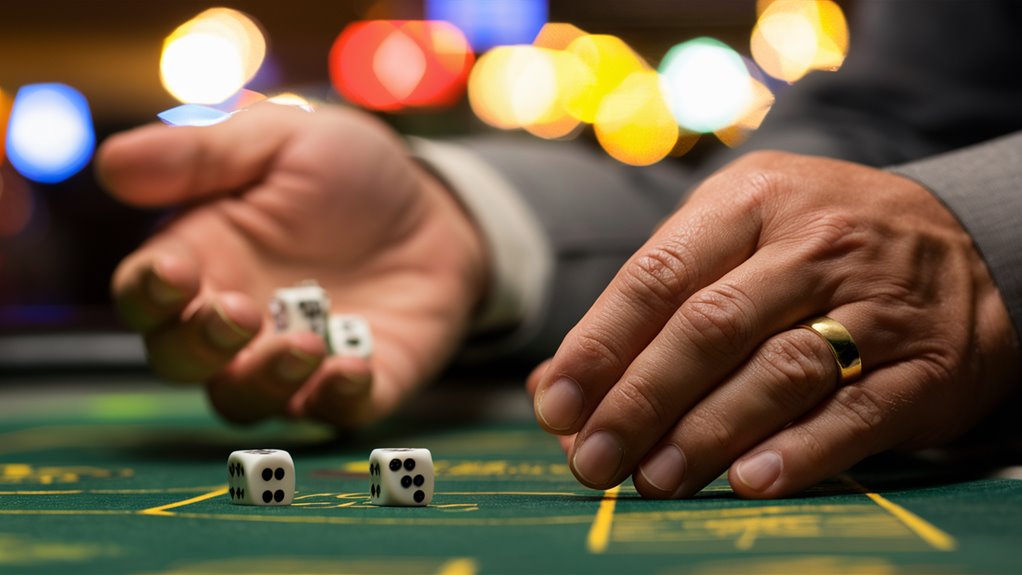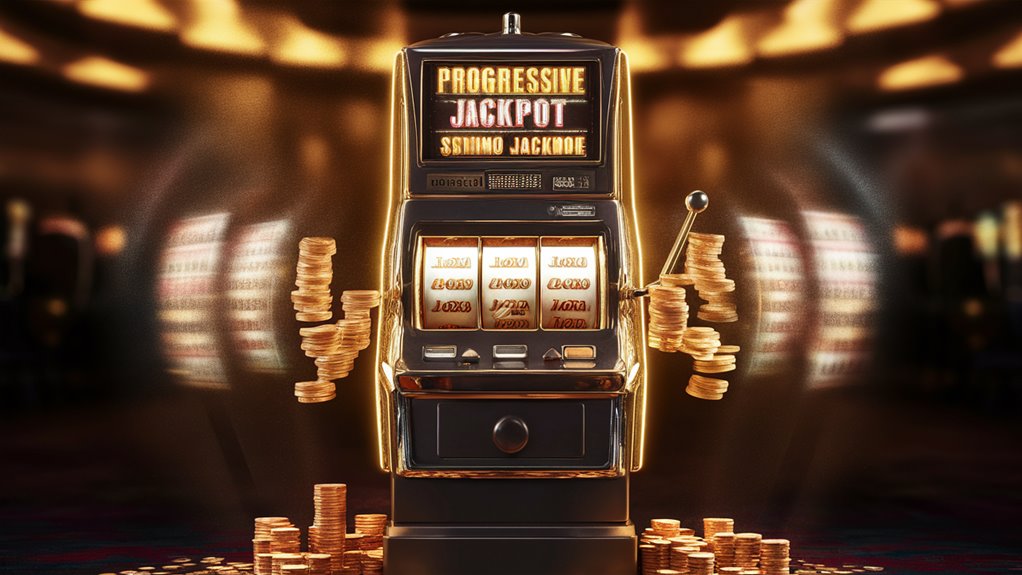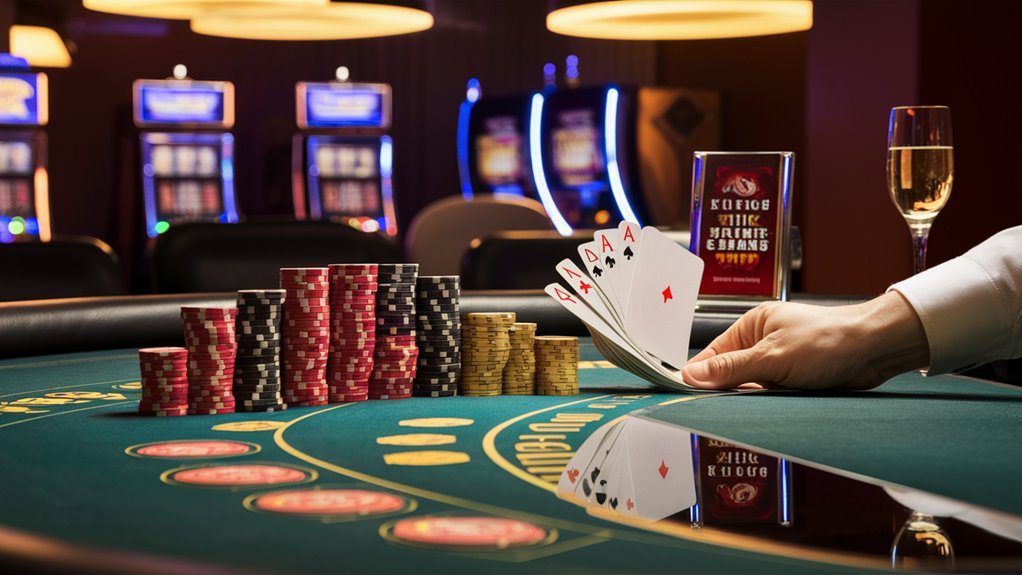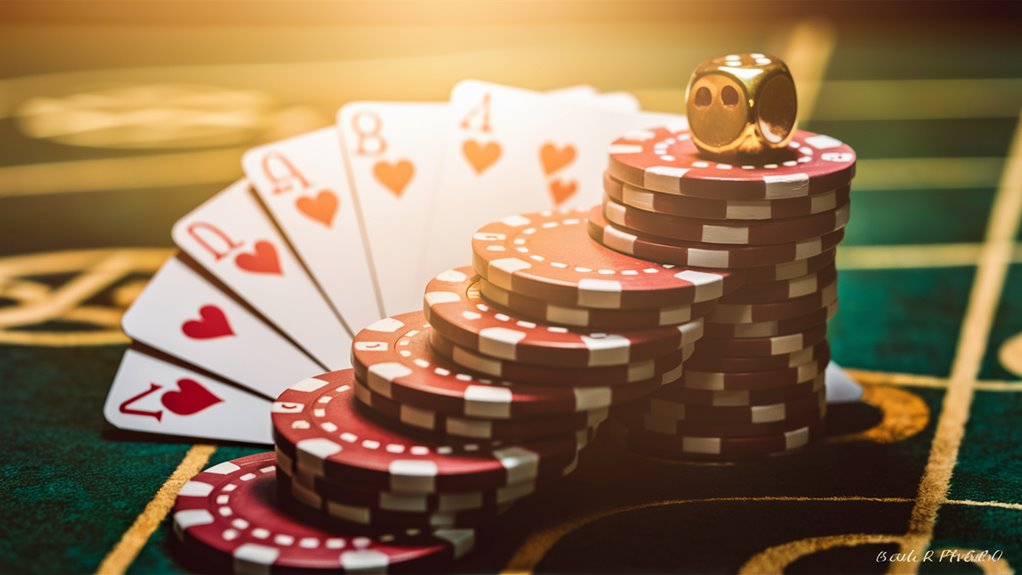What Happens in Your Brain When You Bet the First Time

Looking at Your Brain’s First Bet Reaction
The first time you bet sets off a big brain reaction that changes how your brain works and how you make choices. When you make that first bet, parts of your essential books brain involved with rewards light up a lot, releasing a mix of dopamine and adrenaline.
What Part of the Brain Does This
The pleasure part of the brain goes active when you first bet. This key area makes strong brain paths that keep all you did in your mind. The way you feel during the bet digs deep into your emotions about what happens next.
How this changes your thoughts and choices
This brain thing changes how:
- You look at risks
- You think through stuff
- You make choices
- You handle feelings
The mix of looking forward, doing stuff, and waiting for rewards makes deep brain marks that change how you act later, taking chances and betting. These first times set up big rules on how you see risks and rewards later.
What This Does Over Time
How intense these first bets feel can change how you are with:
- Taking chances with money
- How you see rewards
- How you judge choices
- How you control urges
This deep mix of brain and mind stuff keeps affecting how you bet and see risks down the line.
What Goes On in Your Head When You Bet for the First Time
How It Feels Inside When You Bet for the First Time: Understanding the Mental Feels
Your Brain When You Bet the First Time
The first bet makes your brain start a strong brain reaction, mixing 토토사이트 순위 dopamine highs with adrenaline rushes.
This makes long-lasting brain paths that shape how you bet later.
Your brain’s reward parts wake up a lot with that first bet, making key habits.
What New Bettors Feel
Feeling More from Wins and Losses
New bettors feel wins and losses more than old hands. The brain works hard on these first tries, making them strong and hard to forget.
Three Things New Bettors Do
- Watching every detail of betting
- Feeling lots during the betting
- Looking for signs
How You Make Choices
The unknown makes your brain work hard, making you face new mind tricks and demands on judging risks.
This makes a tricky world where bettors have to figure out chances and feelings they don’t know well.
What Sticks With You
First bets lay down deep mind rules that sway:
- How okay you are with risks
- How you choose
- How you handle feelings when betting
- How you see and break down the game
Getting these basic mind actions helps us know long-term betting safety first habits and how to bet safely.
Happy and Wanting: Our Brain’s Want System
Getting How Our Brain Wants Stuff

The Brain Roads of Joy and Needs
Our brain’s want system works through a clever set of brain paths that manage joy and drives.
In new things like first bets, your brain sends out dopamine, a key brain chemical that makes us feel pumped and hopeful.
These brain waves are strong in new tries before your brain roads get used to the dopamine from rewards.
Main Brain Spots in Joy
The joy middle of the brain shows more action during new fun times.
This wake-up makes strong memory ties, linking what you do to feeling good.
The feeling part works on why it matters, and the memory part writes it down, making a full memory how-to.
The Role of the Starting Line Area
The start spot (VTA) is key in dealing with joy by sending dopamine all through the brain’s happy roads.
These brain paths push us to do things through good vibes, linking what you do to happy feels.
The dopamine talk in the Best Casino Bonuses makes a strong drive that sways choices and habits down the line.
Shaping How We Act
- Dopamine makes us feel awards
- Brain path turn-ons tie actions to behavior
- Memory-making locks in links
- Training the reward roads sways later picks
- Pulling us towards the same doings
How We See Risks in Our World
How Taking Chances Changes Us Across Places
Seeing How We Feel About Risks
How we view taking chances changes a lot around the world, and studies show how our place and past shape our first risky tries.
Western go-getters often say yes to planned risks, while Eastern old ways mostly say no to unsure things and chances.


